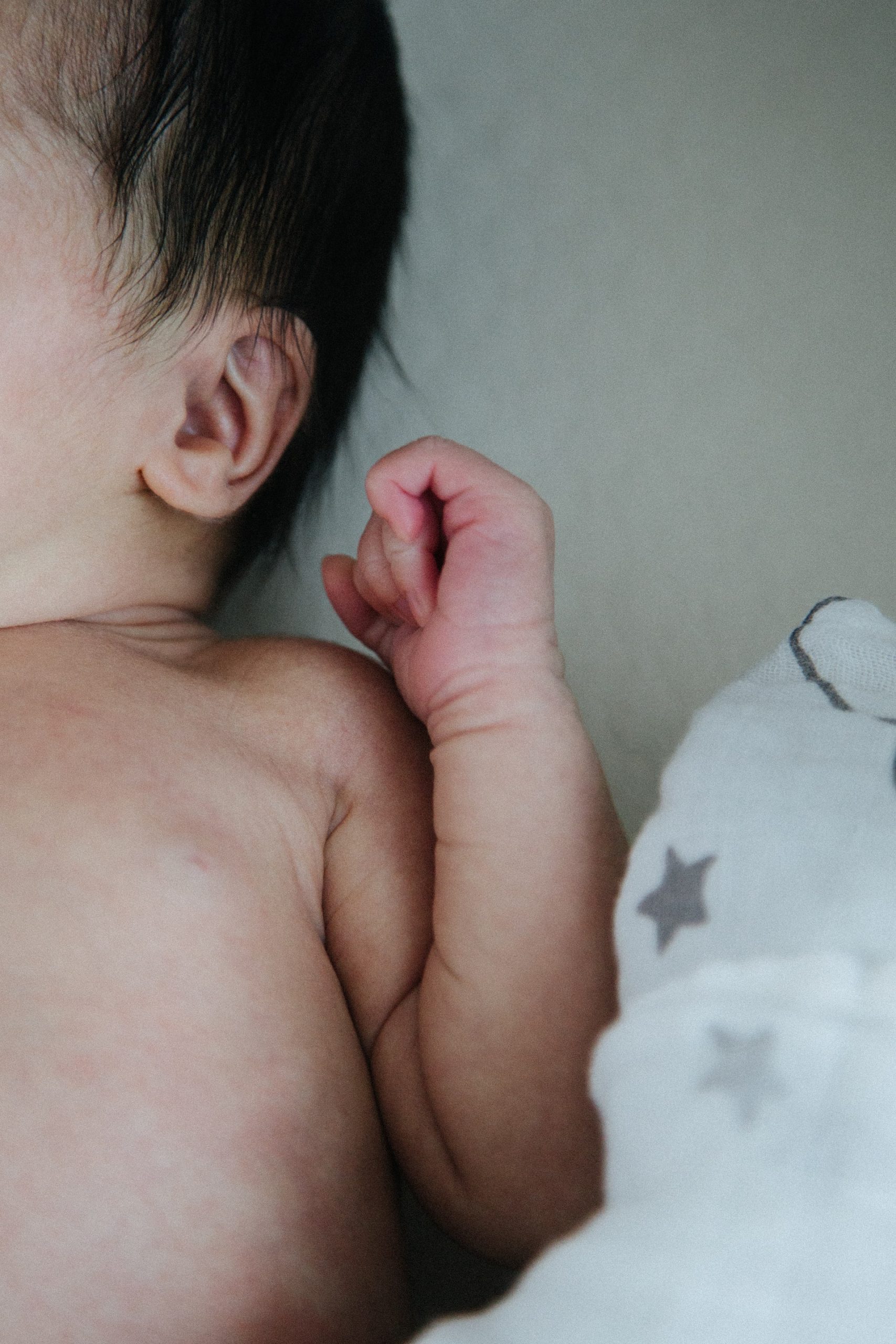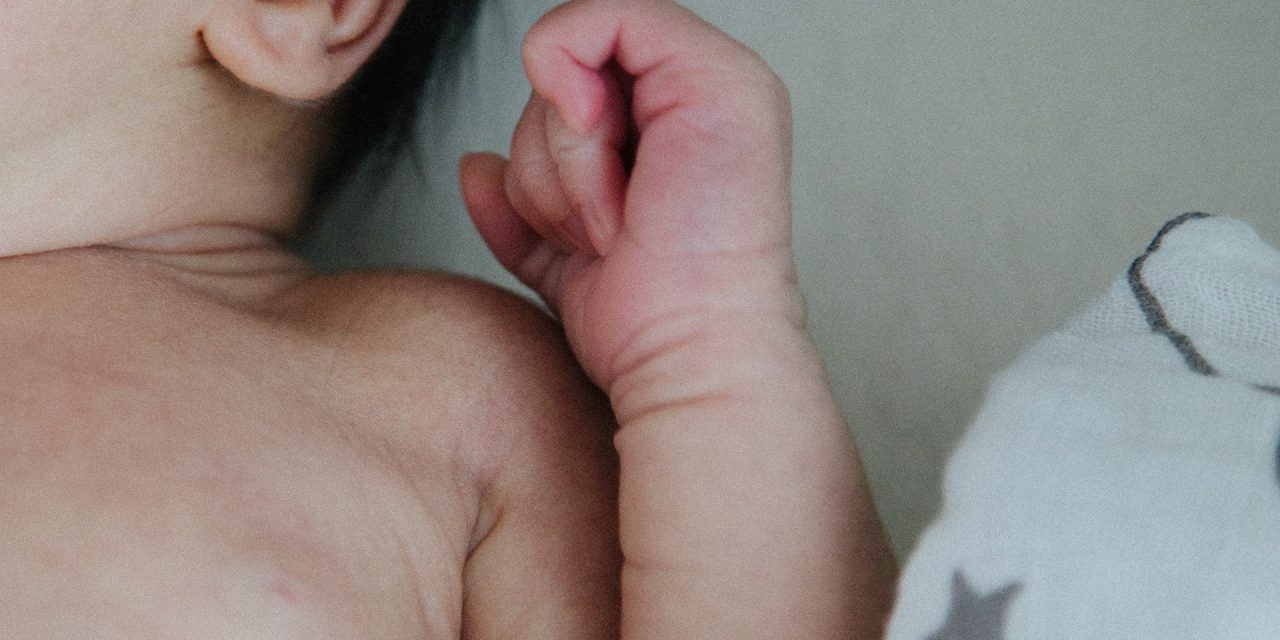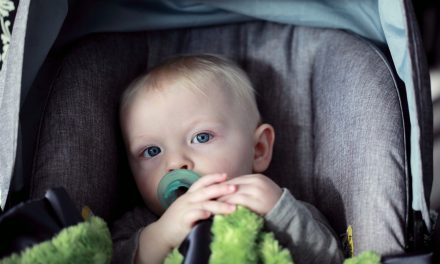Co-sleeping has been a preferred practice in so many cultures, particularly in India. Several parents feel that sharing their bed with their baby is the most convenient way to nurture the baby. But, others believe that co-sleeping can be risky and therefore should be practiced with caution. So, it shouldn’t come to you as a surprise that there has been a lot of controversy involved when it comes to co-sleeping being a right or a wrong choice. Just like everything else, even co-sleeping has its pros and cons. Let us take you through the pros and cons of co-sleeping to help you decide what’s best for you, your partner and your little one.
What Exactly Is Co-Sleeping?
Co-sleeping is nothing but sleeping near your little one so that you see, feel, touch and hear the baby. This can be done in two ways – bed-sharing and room-sharing. When you sleep on the same bed with your baby, it is bed-sharing. Room-sharing is when you share the same room with your baby, but not the same bed. You could keep a crib or a bassinet next to your bed where you can look after your baby and still be in close contact with them. For some parents, co-sleeping helps them take care of their baby, whereas for others, it seems risky and dangerous. The argument between co-sleeping pros and cons has existed for years, and we’re here to show you both sides of the coin.

Co-sleeping refers to sleeping close to your baby, either on the same bed or in the same room.
Pros Of Co-Sleeping
Breastfeeding The Baby Becomes Easy
One of the best advantages of co-sleeping is that breastfeeding becomes easier for the mother. It becomes really convenient to feed your little one, especially in the middle of the night, if you share the same bed with the baby. All you have to do is turnover and make sure that your baby has latched on. After that, you can just fall back asleep. An interesting thing to note is that your prolactin levels (milk-producing hormones) increase during the nighttime. The supply of your milk boosts during the night, making it that much better to feed your little one.
Helps To Regulate Baby’s Sleep Cycles
Your baby’s sleep cycles can change over time. Plus, they will definitely cry and awaken you when they feel hungry in the night. At such times, it’s more inconvenient for you to wake up and go to the baby if it is with another caretaker or in the crib. This also leaves them restless and crying for longer, risking them staying awake for longer. That’s why co-sleeping can help you regulate your baby’s sleep. By being right next to them, you can meet their needs that much faster. You won’t even have to worry about your baby experiencing nighttime separation anxiety if you share the same bed.
Prevents Bedtime Hassles
Co-sleeping helps you to pay attention to your baby very closely. You can easily understand when they’re hungry or when you need to change their diaper. It’s a known fact that babies cry less when they are close to their mothers. Your warmth and breath can calm your baby and provide a safe environment. Another interesting thing about co-sleeping is that the breathing rates of you and your baby sync together. This helps keep both you and your little one calm.

Sleeping close to the parents helps the child feel calm and protected.
Strengthens The Bond Between Parents And Baby
You begin to bond with your little one from the time they’re in your womb! Once earthside, the emotional attachment between parents and a child strengthens with co-sleeping. If your child is fussy or has sleep problems, being near them will help reduce their anxiety. You can just hum a lullaby to your little one that’ll comfort them especially when they cry and wake up in the middle of the night. When your child grows and begins speaking, you can narrate bedtime stories and help your child fall asleep. Because of this sensory stimulation, your baby develops emotionally and so does your bond.
Cons Of Co-Sleeping
Increased Risk Of SIDS
One of the scariest disadvantages of co-sleeping is SIDS (Sudden Infant Death Syndrome). Unfortunately, there is no specific evidence to prove how co-sleeping can cause SIDS. That’s why many parents find it safer to put their baby to sleep in a crib for the first six months of life. The risk of SIDS during co-sleeping increases especially if you sleep with your baby on a sofa or armchair. Other factors that contribute to increased risk of SIDS are smoking, and sleeping after consuming alcohol, drugs or medicines that can cause drowsiness.
Baby Can Get Suffocated
One of the scariest dangers of co-sleeping is the risk of suffocating the baby. There are several things like your pillow, blanket, sheets, etc. in your bed that can be risky for your child. That’s why most doctors advise parents to not keep any objects near the baby as they can suffocate your baby.
Privacy Problems Between Parents
Co-sleeping can cause problems in the relationship between parents. When you have your baby next to you, you might find it difficult to have conversations with your partner. It even causes privacy issues as you won’t be able to get intimate with your partner while your baby is around. There can be problems like sleep deprivation that can cause you to lose your patience. This can lead to frequent arguments between you and your partner. If you’re a first-time parent, there are several tips you can follow that’ll help you in your new journey as a parent.
Sleep Patterns Can Get Disrupted For Your Child In The Future
When you share the same bed with your baby, it can get difficult for the baby to get adjusted in the crib. Once your child gets accustomed to sleeping with you, it can get difficult for your child to sleep alone or with other siblings later on. Because of this, your child may still want to sleep with you even after growing up. All of this can cause disruptions in your child’s sleeping patterns as he/she gets older.
What Can You Do For Effective Co-Sleeping?
Is co-sleeping bad for toddlers? Well, anything done wrong can be bad for toddlers, whether it’s co-sleeping or sleeping in a crib. Here are some ways you can practice effective co-sleeping:
- Avoid sleeping with your baby if you’ve consumed alcohol or any kind of painkillers.
- Don’t wear any jewelry items or clothes that can suffocate your baby. Also, avoid applying any kind of perfume to your body as it increases the risk of blocking your baby’s nasal passages.
- See to it that you don’t make your baby and a toddler sibling sleep on the same bed. Your toddler may not understand your baby’s sensitivity and can sleep on the baby or cause suffocation.
- Don’t sleep with your baby if you’ve had a long and tiring day. The exhaustion can make you less aware of your baby’s needs and increase suffocation risks. You can ask your partner or family member to help you at such times.

Co-sleeping has it’s own pros and cons. Whether it works for you or not, is something for you to decide.
Conclusion
Co-sleeping can be a wonderful experience for some while others may find it difficult. Ultimately, it’s a personal choice as co-sleeping has both pros and cons. If you’re confused and can’t make a decision, it’s best if you consult a professional and get some advice. Along with your baby’s sleeping patterns, you’ll also have to take care of other things like keeping a track of your child’s immunization schedules. You can get your child’s digitized vaccination records and reminders on the ImmunifyMe app.
FAQs On Co-Sleeping: Pros And Cons
What Age Should You Stop Co-Sleeping?
There is no fixed age that parents need to follow in order to stop co-sleeping. It’s a personal choice and is different for everybody. You can, however, stop co-sleeping after a year and get your child accustomed to sleeping in a crib or a bassinet.
Why Do Babies Sleep Better In Parents’ Bed?
When babies and parents share the same bed, their heartbeat and breathing tend to sync. Also, because of the close physical contact between the parents, the baby feels secure and protected. Breastfeeding becomes easier for moms when their baby is next to them. All these things help babies to sleep better in their parents’ bed.
Is It Hard To Transition From Co-Sleeping?
Co-sleeping can be a different experience for everyone. If your child is finding it difficult to stay away from you when sleeping, you can keep the crib near your bed. That way you can take care of your baby when hungry as you’ll still be in close proximity to your little one.
What Are The Cons Of Co-Sleeping?
Co-sleeping can be difficult for some parents as it causes privacy issues and can affect their relationship. Some of the other cons of co-sleeping are the increased risks of suffocation and disrupting the child’s sleep patterns as it grows older.






